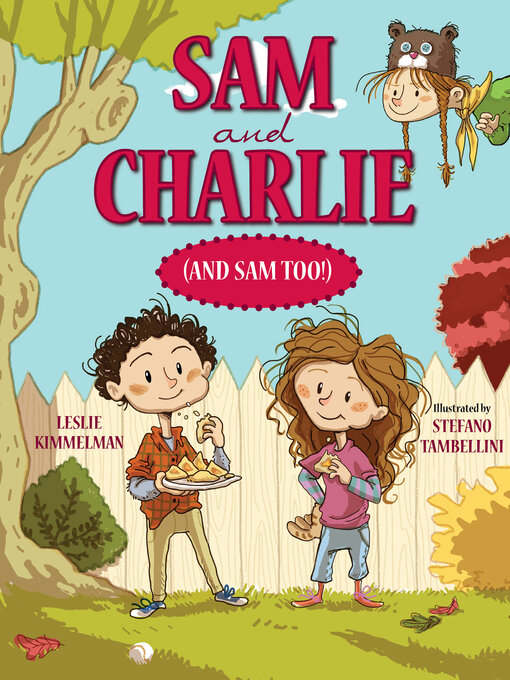When Charlie moves next door to Sam, he's thrilled to have a new friend—even if she is a girl. Charlie has a little sister, also named Sam—or Sam Too, as the other Sam comes to call her. Both Sam and Charlie (and Sam Too) are Jewish, and they try to live by the religion's motto: Love your neighbor as yourself. The five brief stories in this book, accompanied by colorful illustrations, highlight the value of friendship and its ups and downs.
- Historical Fiction
- Mystery
- Short Stories
- Fiction eBooks
- Most Popular
- Humor
- See all fiction ebooks collections
- Biography & Memoir
- History
- Religion & Spirituality
- Nonfiction eBooks
- Jewish History
- See all nonfiction ebooks collections
- All Fiction
- All Nonfiction
- Biography & Memoir
- History
- Historical Fiction
- Audiobooks
- All Audiobooks
- Jewish Thought and Practice
- See all audiobooks collections





